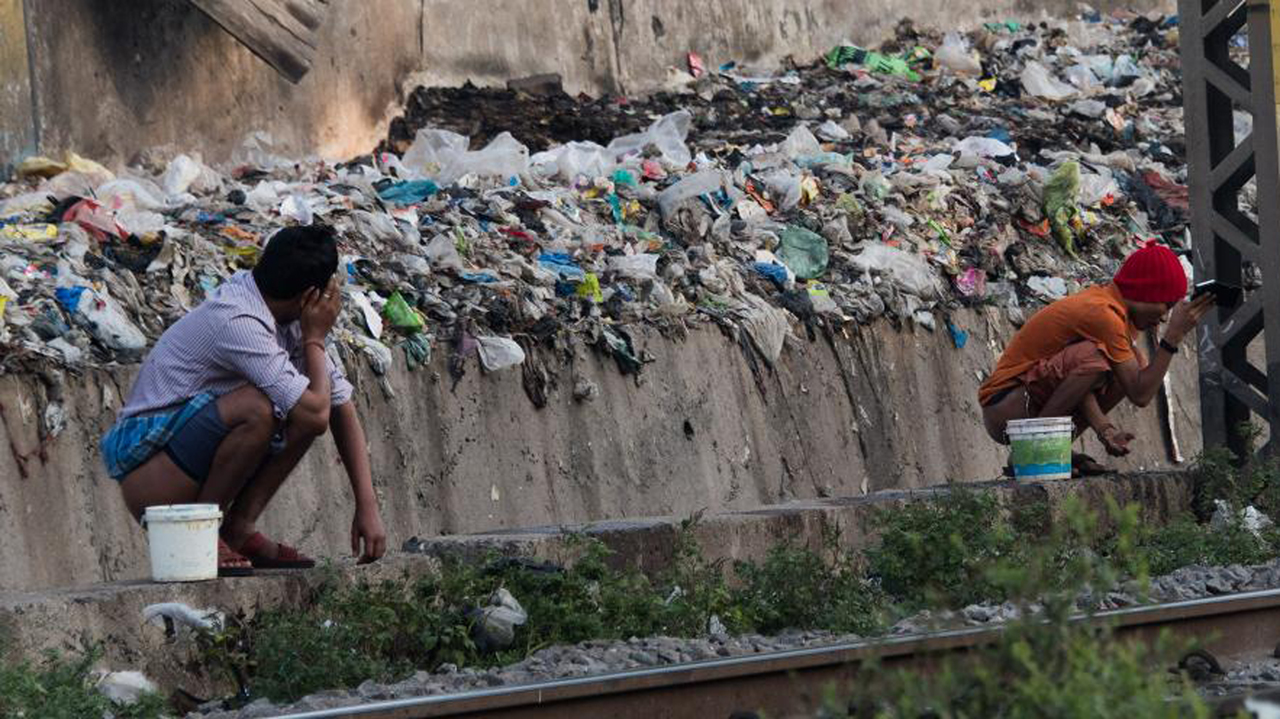The United Nations Children’s Fund (UNICEF) has stated that Nigeria’s target of eradicating open defecation by 2025 is unlikely to be achieved due to the slow progress in activities aimed at attaining this objective.
As a result, UNICEF predicts that it may take Nigeria until 2046 to meet the national roadmap for becoming open defecation-free.
During a two-day media dialogue event with South West journalists, UNICEF’s Water, Sanitation, and Hygiene (WASH) specialist at the Zonal office in Lagos, Monday Johnson, conveyed this information in Ibadan, Oyo State.
The media dialogue, themed ‘Eliminating Open Defecation in Nigeria,’ was organized by UNICEF in collaboration with the Oyo State Ministry of Information and Orientation.
Citing data from the Nigerian Bureau of Statistics (NBS), Johnson highlighted that approximately 48 million Nigerians continue to practice open defecation.
Currently, only Jigawa State has achieved open defecation-free status in Nigeria, with a mere 105 out of the country’s 774 Local Government Areas certified as open defecation-free.
Given the current rate of progress, it is improbable that Nigeria will eliminate open defecation by 2025. Furthermore, the country retains its unfortunate distinction as the nation with the highest number of people engaged in open defecation practices.
Responding to questions from newsmen on the feasibility of Nigeria achieving 2025 target, the UNICEF specialist said “The answer to this is no. From what we have from the entire country, it’s projected that if we go at the current pace, we will only be able to achieve open defecation free Nigeria by 2046.
It therefore means Nigeria will continue to eat their shit for all this period which is not healthy. It’s also means that we are not going to meet the SDGs target at all.
“So, it’s pertinent that all states in the federation should start to implement programme that’s aimed at increasing sanitation access, improving hygiene practices that will actually culminate into nutritional outcome, health outcome, education outcome even reduction of poverty in the country.”
Oyo State has been selected by UNICEF for its Water, Sanitation, and Hygiene (WASH) program due to its high prevalence of open defecation, standing at 54 percent, surpassing other states in the region. UNICEF has joined forces with the state government to eliminate open defecation by 2028.
Monday Johnson, emphasized the need for media engagement in raising awareness about the hazards of open defecation. He urged journalists to focus on solution-oriented reporting, which can push the government to implement policies and programs to combat this issue effectively.
Oyo State’s Commissioner for Information and Orientation, Prince Dotun Oyelade, disclosed that the state government had empowered the Ministry of Justice to prosecute open defecators, individuals littering streets, and other environmental offenders.
He acknowledged that open defecation is a significant challenge and reaffirmed the government’s commitment to addressing it.
Oyelade praised UNICEF for its collaboration in tackling open defecation and other health challenges in the state.
“For us in Oyo State, before this administration ends in 2027, we will ensure that there’s a marked improvement in this regard.
“We are encouraged by the collaboration of the UNICEF to tackle open defecation and other diseases plaguing human kind are reduced to barest minimum,” he said.



